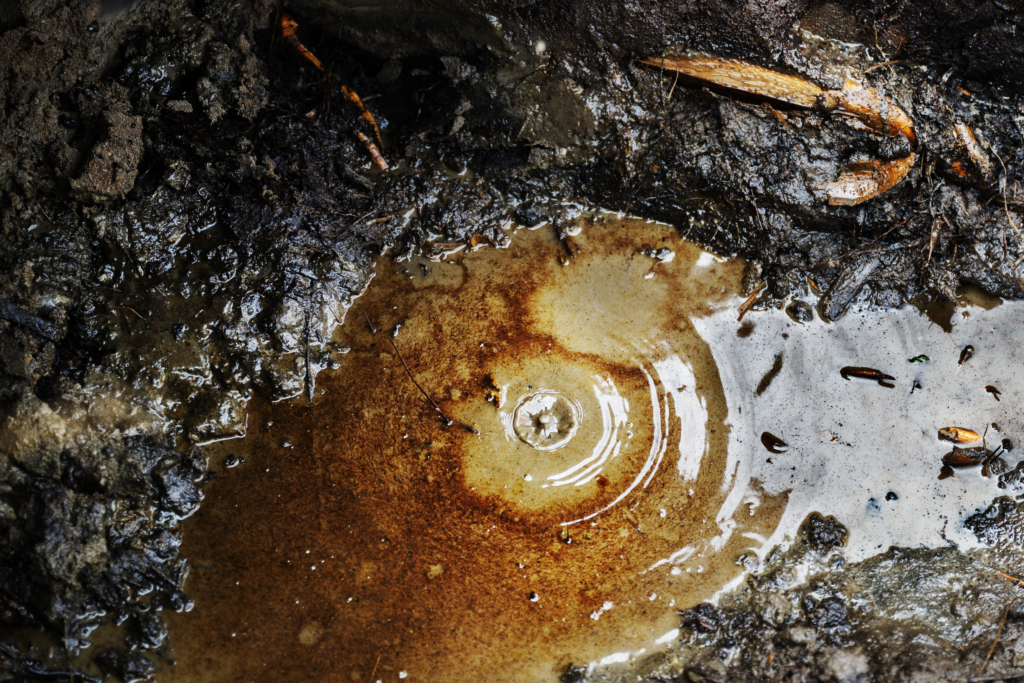Shell’s long-running attempts to dodge responsibility for oil pollution in Nigeria have failed, at least for now. A London High Court judge has ruled that Shell plc and its Nigerian subsidiaries, must face a full trial in 2027 over long‑standing oil contamination in the Niger Delta.
The decision marks a significant breakthrough for residents of the Bille and Ogale communities, who have endured polluted land and contaminated water for years.
Mrs Justice May delivered her ruling on 20 June 2025, rejecting Shell’s bid to limit the case to recent spills. The decision dismantled Shell’s major defences.
The company argued that claims related to older spills should be dismissed because they were filed more than five years after the damage occurred.
The judge disagreed, ruling that Shell’s failure to clean up the spills amounts to an ongoing violation of its legal duties. As long as the oil remains in the ground and the water, the harm continues, and so does Shell’s liability.
While acknowledging that oil theft and illegal refining have played a role, the court said Shell could still be held liable if it failed to secure pipelines or if its agents were complicit in the pollution.
With roughly 85 documented spills so far, the full trial will delve deeper into those allegations.
This case builds on the precedent set by Okpabi v Shell in 2021, reinforcing that parent companies can be held legally accountable in the UK for damage caused by overseas subsidiaries.
New insights come from activists and Amnesty International, who note this decision requires Shell to take responsibility regardless of how long ago spills occurred or whether they resulted from third‑party wrongdoing.
That view was echoed by Amnesty’s Isa Sanusi, who said the ruling is “an important step towards justice” for those suffering from nearly seventy years of leaks.
Related News: Nigerian Navy Seizes Boats, Arrests 3 in Delta Oil Theft Crackdown
The litigation also coincides with Shell’s controversial $1.3 billion sale of its onshore Nigerian assets to Renaissance Africa Energy.
Human rights groups warn Shell might be seeking to leave behind a toxic legacy. Affected communities, having lost farmland and fishing livelihoods, demand full clean‑up and compensation.
With the first phase of legal challenges resolved, the stage is set for the full trial in early 2027.
The outcome now hinges on whether Shell took sufficient care to prevent pollution and clean up its mess or whether its negligence amounts to ongoing environmental and human rights violations.



